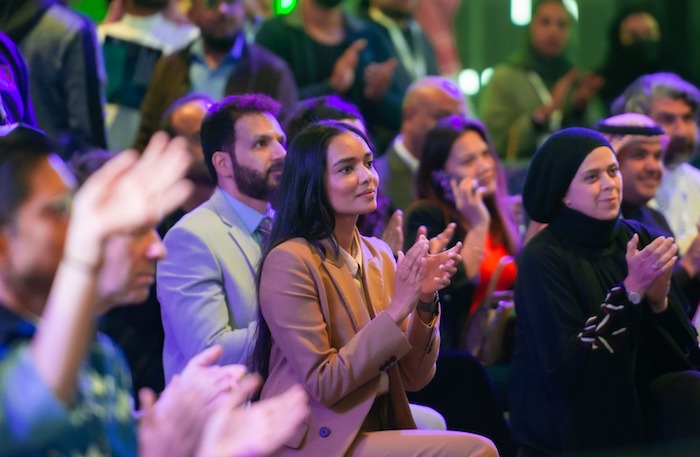
Smart Cities – the interconnected urban destinations where technology underpins improved living and working standards for all – is today’s urban planning paradigm and the Arabian Gulf, where nations are looking to the concept to improve public and private sector efficiency, enable economic benefits and improve citizens’ lives, is in the vanguard of driving adoption forward.
There is an increased emphasis globally to rethink city planning and streamline key functions such as healthcare, transport systems and education. According to figures published by the United Nations, cities will house more than 2.5 billion people by 2050, making inclusive, safe, and sustainable cities a global priority. Throughout the region, national visions have smart cities incorporated into development plans. Oman, with its Vision 2040, is the latest to join the smart development drive already actively pursued in Qatar, the UAE, Bahrain, Saudi Arabia, and Kuwait.
The Sultanate’s Vision 2040 is well aligned with Saudi Arabia’s Vision 2030, and the two countries are now engaged in investment collaboration across a wide range of economic and societal development fields, from health to real estate, from logistics to Petrochem converting industries and technology will be the developmental engine.
The Gulf’s commitment to smart city development will see the nations leverage the Internet of Things, software solutions, user interfaces, communication networks, automation, data analytics, and machine learning to better their residents’ lives, from driving safer vehicles to operating interconnected homes designed not just for convenience but for ultimate sustainability.
The region can look forward to cities that are easier and healthier to live and work in, with smart traffic management, sidelining congestion, smart transport, reducing carbon emissions, and more efficient waste management and sanitation at their core.
The accelerated uptake of smart city technology throughout the region will be further examined at LEAP 2024, the third edition of the world’s most-attended tech event, which will run at the Riyadh Exhibition and Convention Centre, Malham, from March 4-7. The 2024 event will feature a Smart Cities stage as one of its 15 dedicated key knowledge tracks across 11 stages.
“According to the World Bank, nearly 70 per cent of the globe’s population will be living in urban areas by 2050, doubling the number of people currently living in cities,” explained Michael Champion, CEO of Tahaluf, the Informa PLC and Saudi Federation for Cybersecurity, Programming and Drones joint venture that co-organises LEAP alongside the Ministry of Communications and Information Technology.
“The LEAP Smart Cities Stage will bring together technology experts, city planners, government representatives, and private sector stakeholders to discuss strategies for digital structure implementation and accelerate the development of more resilient and human-centric digitally enabled cities.”
The experts will examine the core of smart city planning. These include how digital twins can power city governance, from planning to land-use optimisation, and how increasingly connected infrastructures can be safeguarded against cyber threats and security.
“While Masdar in Abu Dhabi and Msheireb Downtown in Doha claimed lead status in regional smart city development, other Gulf nations are catching up, and Saudi Arabia has lifted the bar with its Neom mega smart city paradigm of urbanism, design, architecture, and technology principles. Simply put, the Gulf is going all-in for smart cities, seeing them as key to advancing their global status in the ever-advancing world of technology and sustainability and in actively pursuing economic diversification, elevated living standards, as well as national safety and security,” added Champion.
Alongside the technology titans highlighting innovation, the Smart Cities stage will also probe how the new urban landscapes can leverage tech while keeping their conurbations ‘human.’ The human centricity of smart cities will be scrutinised by experts, including Borje Ekholm, the CEO of Ericsson, Nicholas Dirks, President of the New York Academy of Sciences and Elizabeth Adams, Affiliate Fellow and former Chief AI Ethics and Culture Advisor, Stanford Institute for Human-Centred AI.
“Smart Cities will impact every touch point of residents’ lives and face challenges in governance and administration. LEAP 2024, being at the centre of the Gulf’s connectivity drive, is the right place to address the region’s dynamic appetite for innovative solutions to its key challenges and ambitions,” said Champion.